Calcium? More like Calci-YUM!
Calcium is a mineral that is required for good health in humans. It is predominantly found in dairy products and certain non-dairy foods and vegetables and is absorbed throughout all parts of the intestines. This makes calcium absorption highly influenced by the diet. Did you know that adequate amounts of vitamin D and fibre actually aid in calcium absorption?
Calcium is important for osteoporosis prevention but also has shown benefit in reducing the risk of high blood pressure in pregnancy, reducing PMS symptoms in women and it plays an important role in blood clotting, muscle contraction (including regular heart rhythms) and nerve function. The recommended amount of calcium differs between gender and age groups.
Adults between the ages of 19-50 years require 1,000mg calcium per day.
Adults over the age of 70 (and women over the age of 50) require 1,200 mg per day.
Pregnant and lactating women require 1,000 mg per day.
If a person does not get enough calcium from their diet (either from food or from supplementation) then the body will “borrow” calcium from the bones, which increases the risk of osteoporosis. Most people can get the calcium they need from foods like dairy products, cheese, yogurt, calcium-fortified beverages (orange juice and plant-based milks) and a variety of fruits, leafy greens (kale, bok choy, spinach), beans (edamame), nuts (almonds) and tofu made with calcium sulfate. A confusing part of calcium intake is how it is absorbed. A quick summary:
Food:
Dairy products like milk and yogurt have a lot of calcium but are not always well absorbed. For example, 1 cup of milk has about 300 mg of calcium but only about 30% of that is absorbed. However, 1 cup of cooked bok choy has about 160 mg of calcium but 50% if that is absorbed. Therefore, about the same amount in milligrams is absorbed.
Another factor that limits absorption from food is oxalates and phytates. These naturally-occurring components bind to calcium and inhibit its absorption. An example is 1 cup of cooked spinach contains about 260 mg of calcium but it is high in oxalates meaning a person will likely only absorb about 5% or 13 mg of calcium.
Supplements:
The two main kinds of calcium supplements are calcium carbonate and calcium citrate. Calcium carbonate is the more common one and inexpensive. It is better absorbed with food whereas calcium citrate is absorbed well with or without food. Calcium citrate is also beneficial for people who have absorption disorders (i.e inflammatory bowel disease).
An additional note is, as the amount of elemental calcium* increases, the amount that is absorbed decreases. Therefore, someone who is taking a 1,000 mg calcium supplement would benefit from splitting the dose and taking it at two separate times in the day.
Not sure if you're getting enough calcium from food? Try this *Calcium Calculator* below: https://osteoporosis.ca/bone-health-osteoporosis/calcium-calculator/#page-1
References:
https://www.hsph.harvard.edu/nutritionsource/calcium/
https://ods.od.nih.gov/factsheets/Calcium-HealthProfessional/
https://examine.com/supplements/calcium/
*what the body actually absorbs from a supplement


